Vietnam is becoming more appealing to Indian investors
HE Pham Sanh Chau, Ambassador of the Socialist Republic of Vietnam to India, highlights how India and Vietnam are moving towards a more balanced trade relationship, and also expresses his views on the promise presented by the two highly interconnected economies.
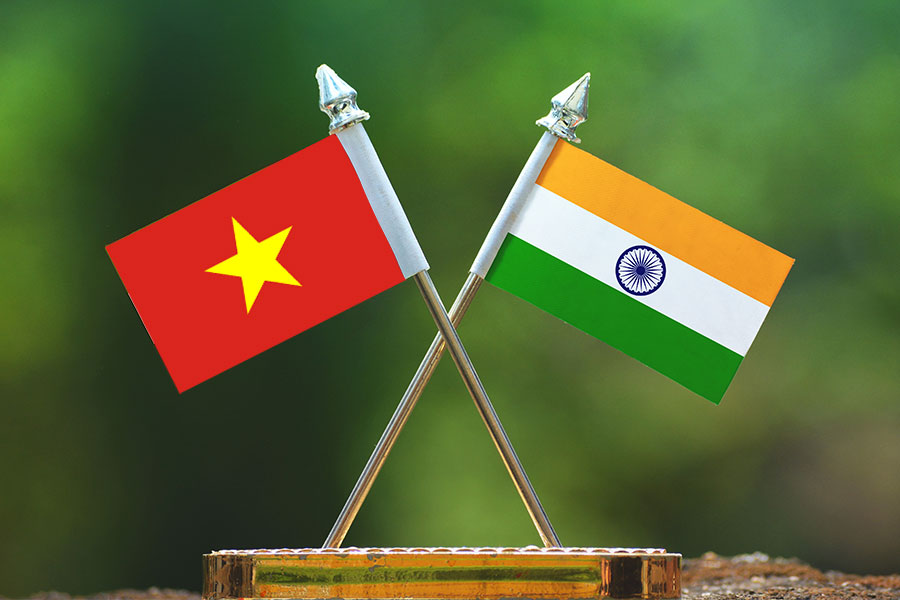
India and Vietnam have a very strong, long-term and cordial relationship. Both countries enjoy mutual convergence of strategic interests. We have been very true to each other and helped each other in times of difficulties and challenges. Also, we have many similarities in cultural, family and community values, which is very positive. There is, however, a major hurdle – a lack of a genuine understanding among Indian businesses of the situation in Vietnam and vice versa. We need to have appropriate platforms to address this.
Recently, we had a party congress in Vietnam and got a new mandate for embassies as well as missions overseas. The new mandate gives high importance to our business relations with key partners. So we have to take our task to serve foreign as well as Vietnamese business people as priority. We are committed to spend more time on business or economic diplomacy; more than geopolitical diplomacy, cultural diplomacy and people-to-people diplomacy. So this is a radical transformation in the way diplomacy is conducted in my country Vietnam.
India-Vietnam trade has witnessed an interesting trend of late. Firstly, it has surged by 30% as compared to 2020. Of course, we witnessed a lockdown in the first half of 2020, but even then, an increase of 30% right after the ease of the lockdown is a phenomenon worth noting. And for the first time in several years, Vietnam is at a trade deficit vis-à-vis India. Currently, India has a surplus of US$ 500 million with Vietnam and in the previous year, we had a surplus of US$ 1-2 billion.
This means that we are moving towards more balanced trade between India and Vietnam. So let’s see the main Indian exports to Vietnam that give it a trade surplus. Exports from India are led by iron and steel, followed by meat and seafood. Bovine meat has always been a very important commodity that Vietnam imports from India. But you will see a surge in sea food exports from India to Vietnam.
This is a very interesting development because Vietnam has signed the EU-Vietnam Free Trade Agreement. Since we enjoy zero tariffs, we purchase a lot of raw material from different countries, process and re-export to this European market. Seafood imports from India form a part of this trade.
The third largest import from India is cotton and the fourth is pharmaceuticals. I went to Hyderabad to meet dozens of pharmaceutical companies in India in order to discuss a very big project, which is very dear to all of us, namely to create an Indian pharma park in Vietnam with a land size of 500-1,000 hectares, with estimated investments reaching US$ 500 million.
Another new development that I see is the focus on auto parts and machinery, also a source of import from India to Vietnam. We have discussed with many automobile companies and also conducted one business trip to Chandigarh and neighbouring areas; talking to automobile companies, since we want them to invest in Vietnam. So they can not only provide to the Vietnamese market, but also to other markets with whom Vietnam has a free trade agreement.
India’s imports from Vietnam are led by mobile phones, chemicals, copper and interestingly, coffee. Indians have started using more Vietnamese coffee. And since they are shifting from a tea drinking culture to coffee drinking, it is a very significant development.
Apart from that, in terms of investment, we are trying to facilitate companies of the two countries to explore the possibility for solar energy in Vietnam. The biggest development over the past one year, despite the pandemic, is the entry of HCL into Vietnam, with a huge ambition of making Ho Chi Minh city and Hanoi the biggest outsourcing centres of Asia outside India.
On the other side, FPT Corporation of Vietnam, which is also a giant high-tech company, decided to invest in Hyderabad. The active mutual engagement and two-way investments between Indian and Vietnamese companies is testimony to how interconnected and integrated Vietnam and India are.
Vietnam is becoming more and more appealing to Indian investors on various accounts. Many companies are relocating from China to invest in Vietnam, because of a very stable political & macroeconomic system, well established corporate laws, a highly skilled and motivated labour force and a good package of incentives ranging from rental, release, reduction, tax holidays, etc.
However, we would urge business associations in India to help us to voice genuine opposition to any anti-dumping or any subsidy cases, which are not justified. There are a number of cases where we do not think there is merit in applying anti-dumping norms when there’s no damage. Secondly, we also see many cases of fraud or misrepresentation by Indian companies being reported. Of course, we need to convey warnings to companies on both sides to avoid such illegal practices.
My third recommendation pertains to how the pandemic has changed the ways in which we conduct business. We have turned more to digital business. Vietnam has made an effort in accepting digital certificate of origin issued by Indian authorities. As digital and e-commerce have become more important, we need to establish laws and regulations to prevent any misuse of the platform. We can certainly learn from India’s experiences in digital, especially with the Digital India programme.


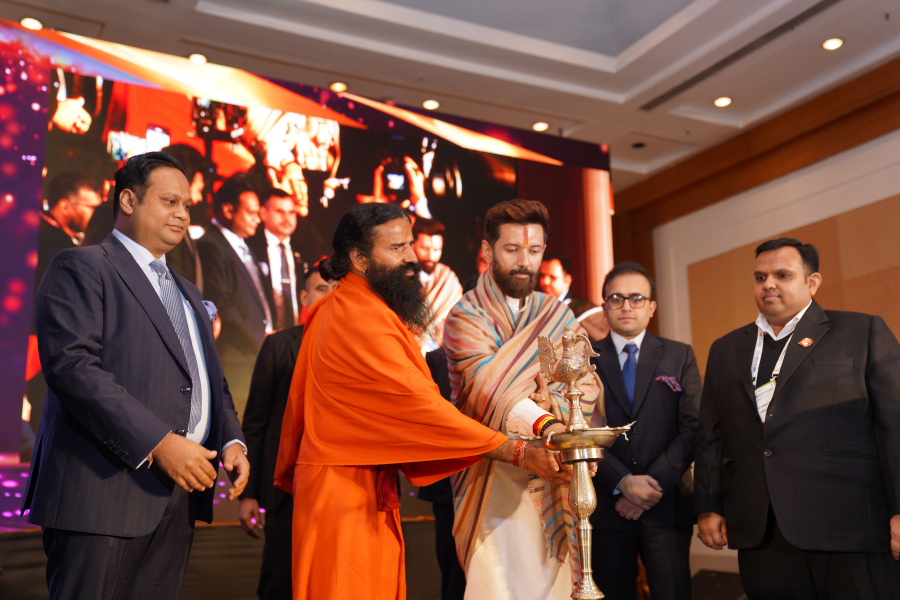

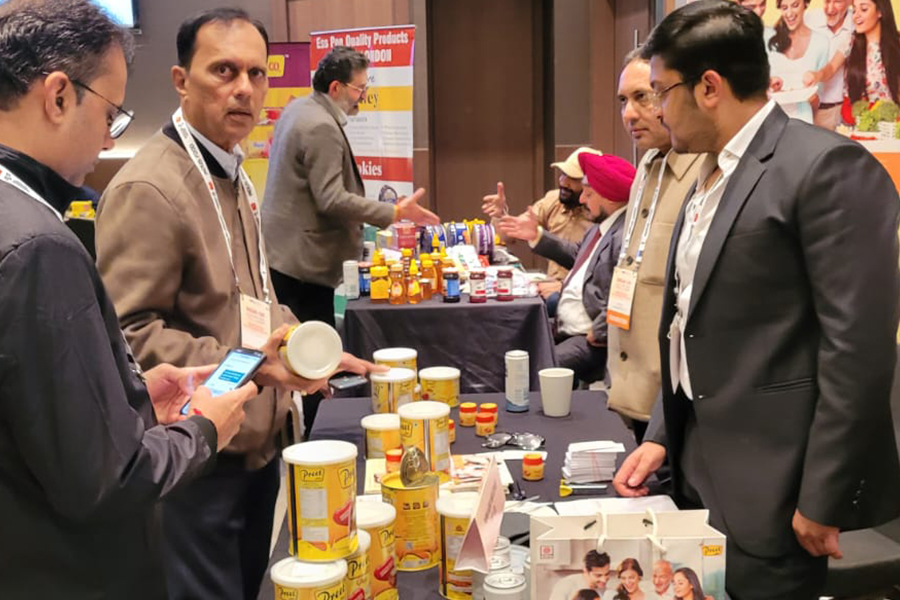
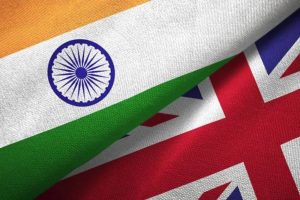
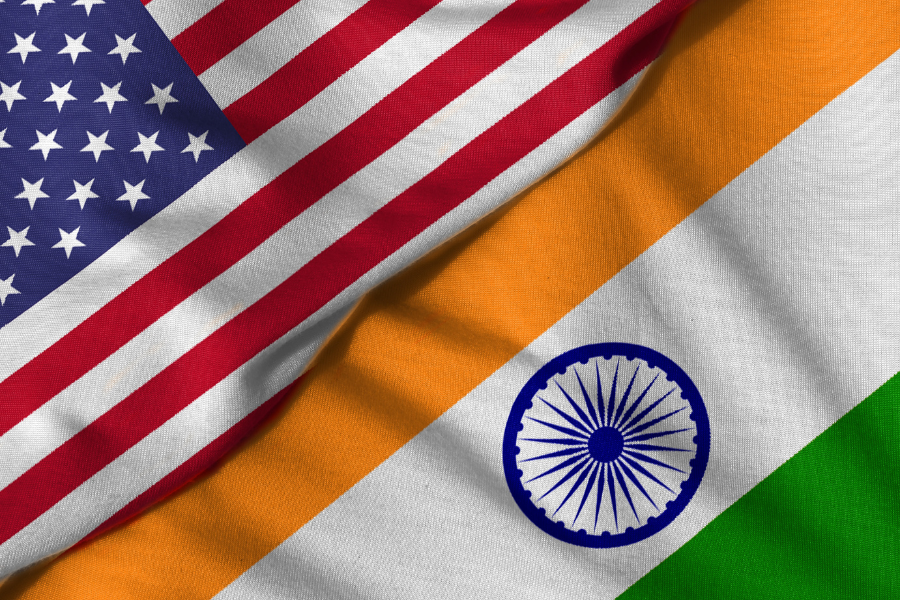
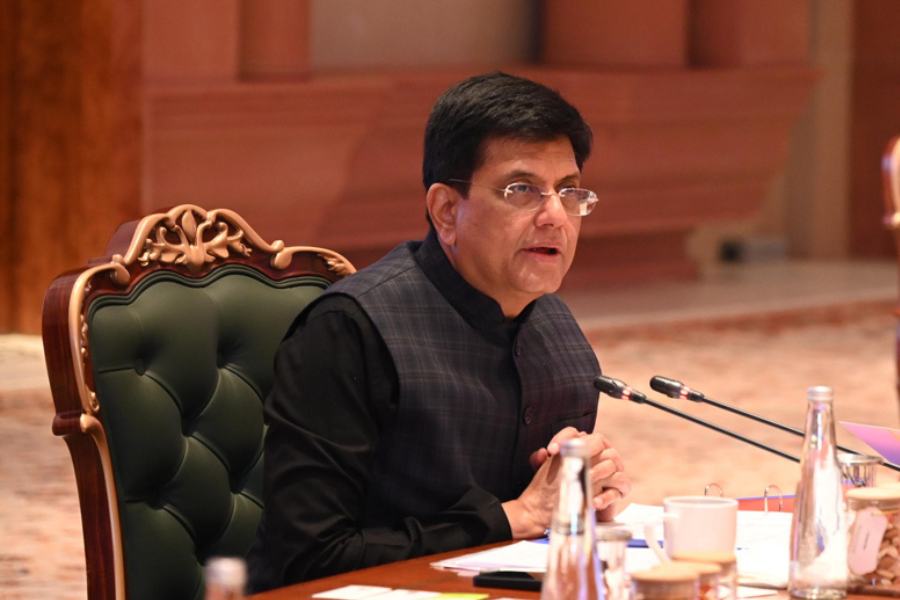

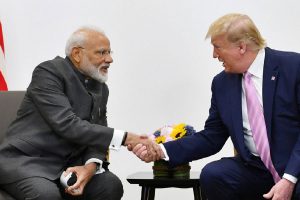

Leave a comment